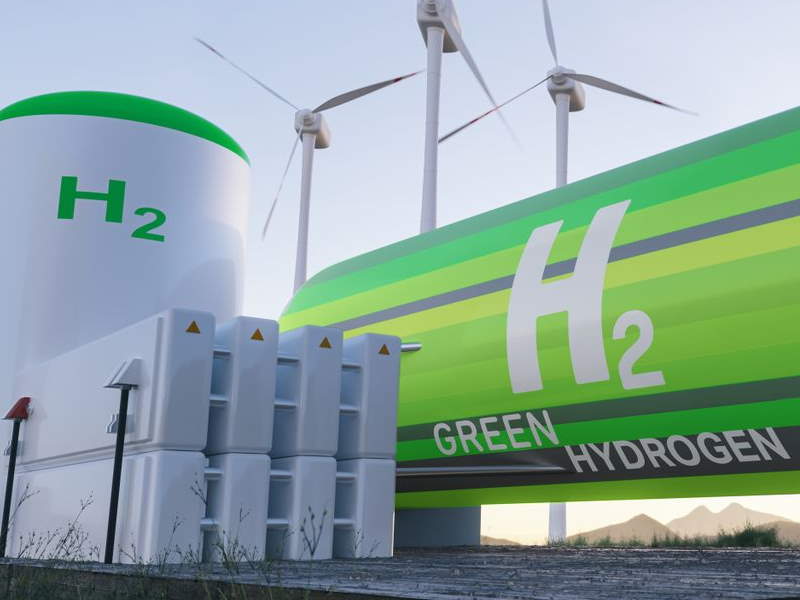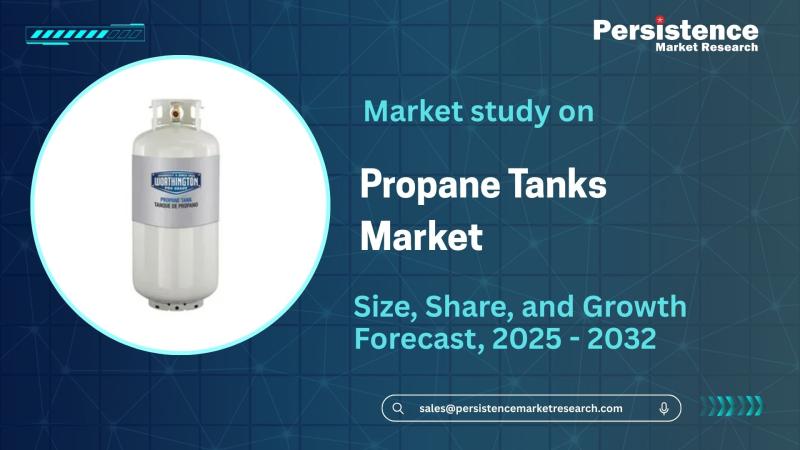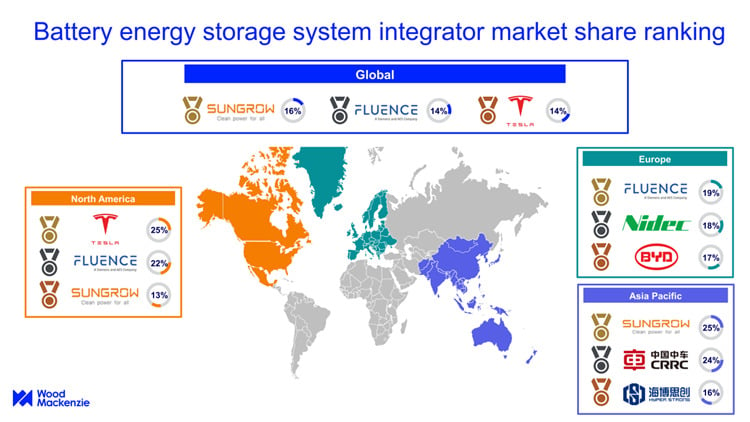Corporate Sustainability and Alignment with Sustainable Development Goals (SDGs)
Introduction: A Framework for Global Progress
This report outlines the critical role of the corporate sector in advancing the United Nations’ 2030 Agenda for Sustainable Development. By integrating the 17 Sustainable Development Goals (SDGs) into core business strategies, corporations can drive innovation, enhance brand reputation, and contribute to a more sustainable and equitable global economy. The SDGs provide a universal framework for addressing pressing environmental, social, and economic challenges, guiding businesses toward responsible and impactful operations.
Strategic Integration of SDGs in Corporate Operations
Effective alignment with the SDGs requires a multi-faceted approach, focusing on key areas where business operations can generate the most significant positive impact. These efforts are typically categorized into environmental stewardship, social responsibility, and economic governance.
Environmental Stewardship and Climate Action
Corporate initiatives in this domain are fundamental to achieving several key SDGs. By minimizing their ecological footprint, companies can lead the transition to a green economy. Primary areas of focus include:
- SDG 7 (Affordable and Clean Energy): Transitioning to renewable energy sources for operations and investing in clean energy infrastructure.
- SDG 12 (Responsible Consumption and Production): Implementing circular economy models to reduce waste, promote recycling, and ensure sustainable sourcing of raw materials.
- SDG 13 (Climate Action): Setting science-based targets to reduce greenhouse gas emissions across the value chain and investing in carbon-neutral technologies.
- SDG 14 (Life Below Water) & SDG 15 (Life on Land): Committing to practices that prevent pollution of waterways and protect biodiversity through sustainable land use and habitat restoration projects.
Social Equity and Human Development
Businesses have a profound impact on society, and their commitment to social goals is essential for inclusive growth. Strategic initiatives in this area directly support human well-being and equality.
- SDG 5 (Gender Equality): Enforcing policies for equal pay, promoting women into leadership positions, and creating inclusive workplace cultures.
- SDG 8 (Decent Work and Economic Growth): Ensuring fair wages, safe working conditions, and upholding labor rights throughout the supply chain, while fostering job creation.
- SDG 3 (Good Health and Well-being): Providing comprehensive health benefits and promoting mental and physical wellness programs for employees.
- SDG 4 (Quality Education): Investing in community education programs, offering employee training and development, and supporting initiatives that improve access to education.
Economic Viability and Responsible Governance
Sustainable economic practices and strong governance are the bedrock of long-term corporate success and contribution to the SDGs. This involves fostering innovation and maintaining ethical standards.
- SDG 9 (Industry, Innovation, and Infrastructure): Investing in resilient infrastructure, developing sustainable technologies, and fostering innovation that solves societal challenges.
- SDG 16 (Peace, Justice, and Strong Institutions): Committing to anti-corruption measures, ensuring transparency in all business dealings, and upholding ethical governance.
- SDG 17 (Partnerships for the Goals): Collaborating with governments, non-governmental organizations (NGOs), and other industry players to amplify impact and share best practices for achieving the SDGs.
Conclusion: The Path Forward
The integration of Sustainable Development Goals into corporate strategy is no longer optional but a necessity for resilient and future-proof business models. By systematically addressing environmental, social, and governance factors, companies can create shared value, mitigate risks, and play a pivotal role in building a prosperous and sustainable future for all. Continued commitment, transparent reporting, and collaborative action are essential to accelerating progress toward the 2030 Agenda.
SDGs Addressed in the Article
-
No SDGs Identified
The provided article consists of a random and incoherent string of characters, symbols, and garbled text. It does not contain any discernible language, narrative, or data related to social, economic, or environmental issues. Therefore, it is impossible to identify any Sustainable Development Goals (SDGs) that are addressed or connected to the text.
Specific Targets Identified
-
No Targets Identified
As no SDGs can be identified from the nonsensical text of the article, no specific targets under any SDG can be identified. The article lacks any discussion of specific goals, policies, or actions that would correspond to any of the 169 SDG targets.
Indicators for Measuring Progress
-
No Indicators Identified
The article does not mention or imply any metrics, data points, or statistics that could be used as indicators to measure progress towards any SDG targets. The text is devoid of any quantifiable or qualitative information relevant to the SDG framework.
Summary of Findings
| SDGs | Targets | Indicators |
|---|---|---|
| No SDGs could be identified from the provided text. | No targets could be identified from the provided text. | No indicators could be identified from the provided text. |
Source: euronews.com







